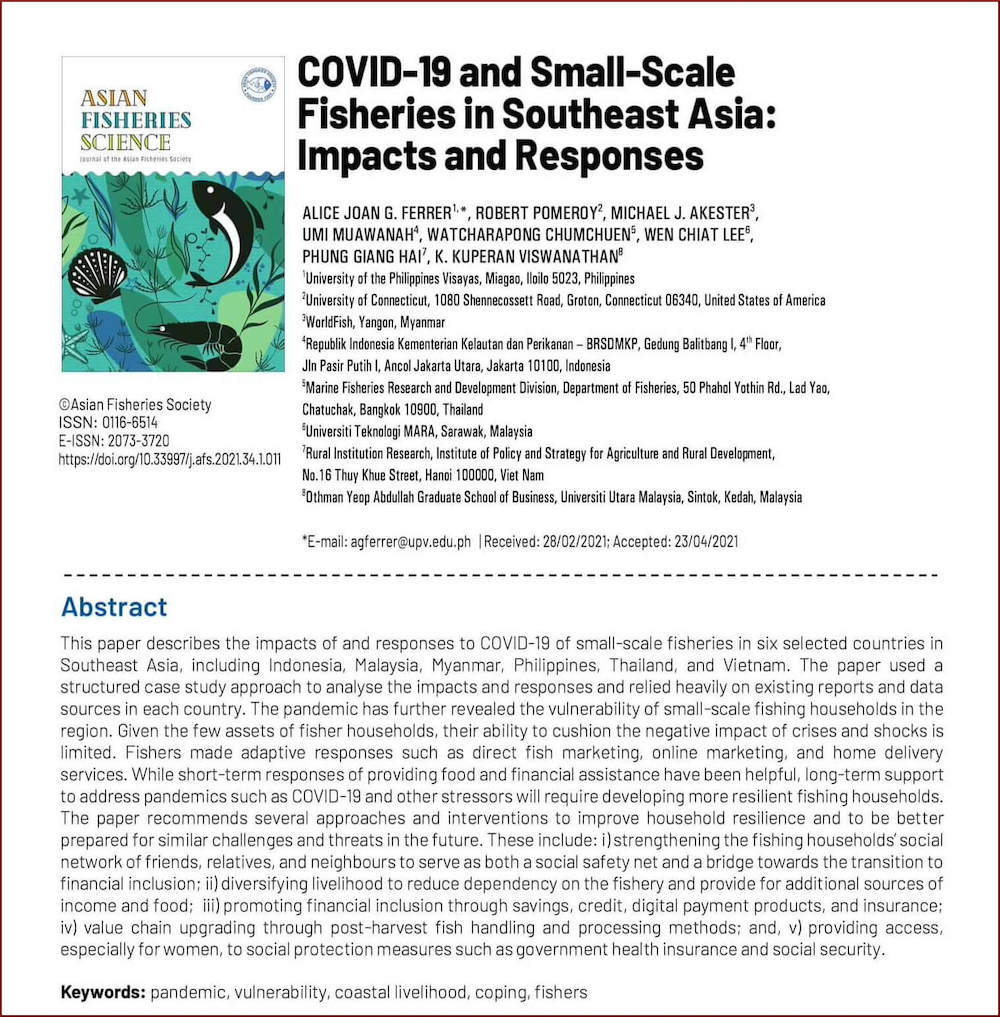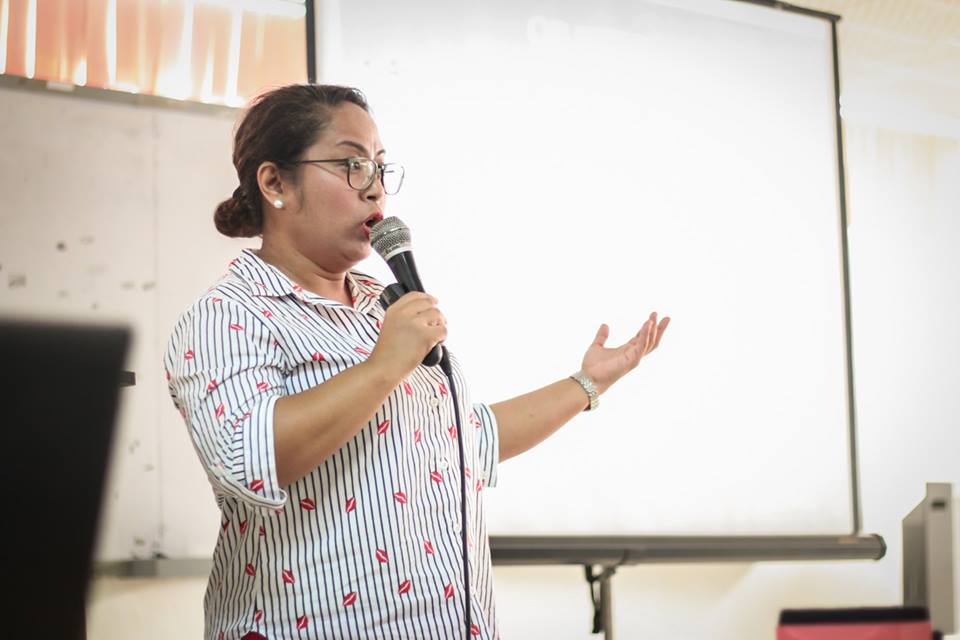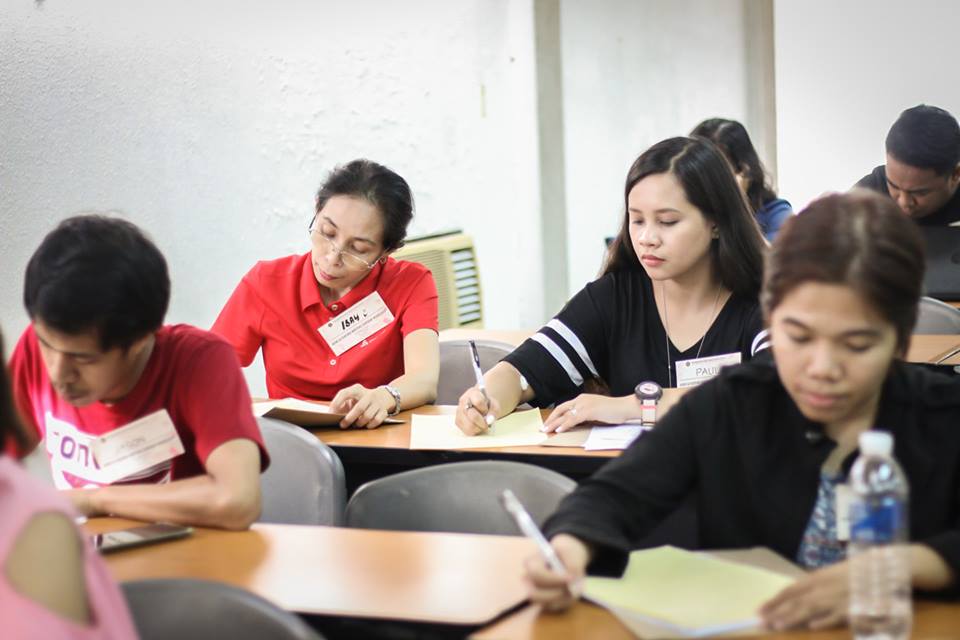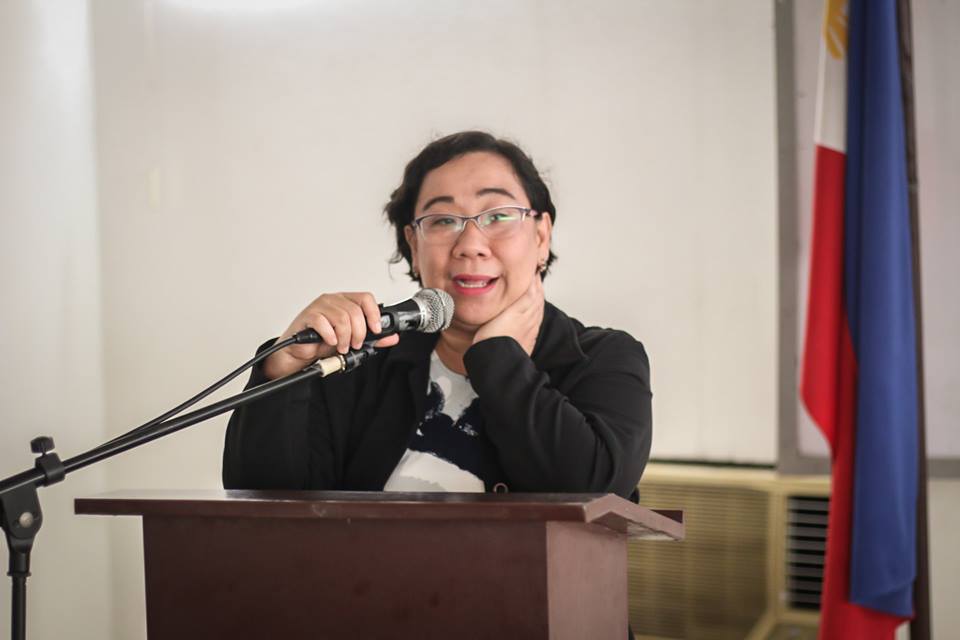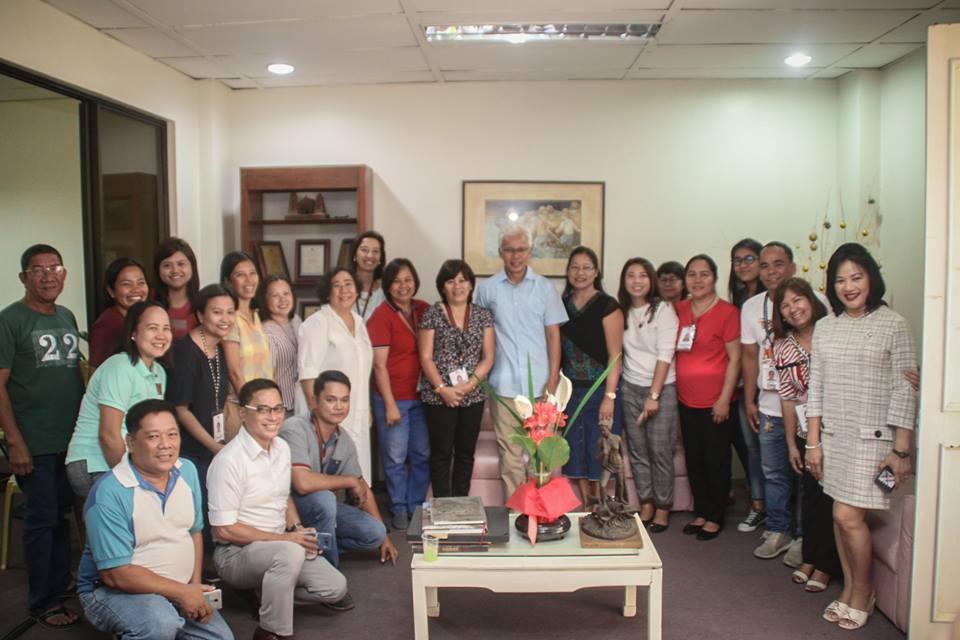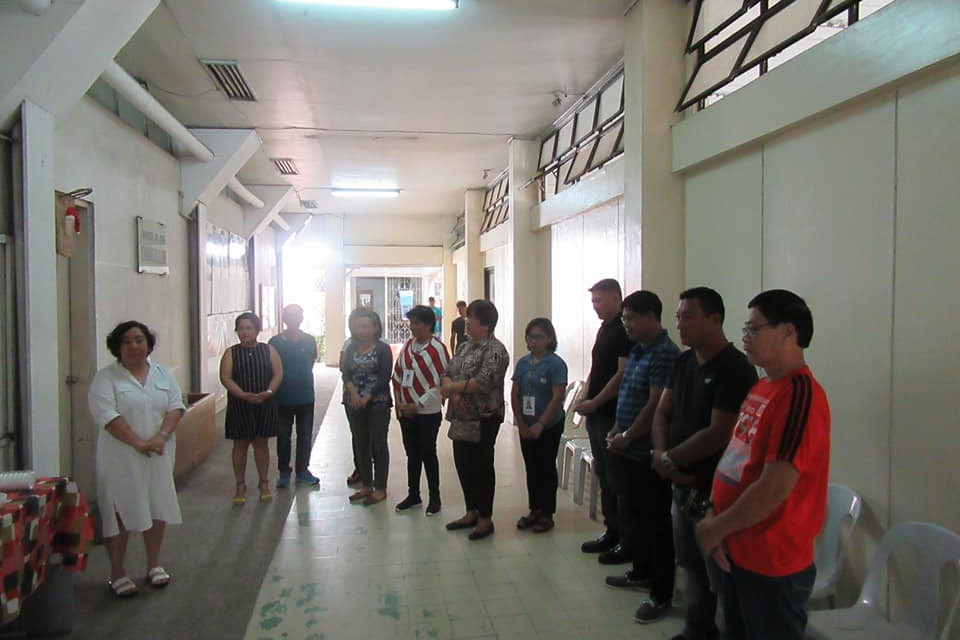Dr. Alice Joan G. Ferrer, Dean of the College of Arts and Sciences, together with other academicians, recently published research on the effects of COVID-19 on small-scale fisheries in Southeast Asia. The research magnifies the various situations, issues, and challenges confronting small-scale fisheries in Malaysia, Myanmar, the Philippines, Thailand, and Vietnam brought by the COVID-19 pandemic. The research also highlights supports received from the government, coping strategies among fisherfolks, as well as policy recommendations.
In an interview, Dr. Ferrer expounded on several points discussed in the Philippines section of the research.
In the research, it was mentioned that the municipal fishers’ lives were difficult during the pandemic; was this also the case even before the pandemic? How different is the socio-economic status of the municipal fishers pre-pandemic and during the pandemic?
Dr. Ferrer: Official data from the Philippine Statistics Authority shows that fishers belong to the poorest sector in our society. During the pandemic, their condition worsened because of the disruption in the supply chain caused by mobility restrictions, especially in the early months of the community quarantine. Although there was no restriction on fishing (for as long as fishers follow minimum health protocols), marketing was difficult for them because of transportation restrictions and the decline in the demand from institutional buyers like restaurants and hotels, and even from households (many were out of work). Also, most of the assistance provided to them as fishers came only starting Q3 (Third Quarter) of 2020.
The issue of fishing water encroachment appears to be prevalent even before; do you think the pandemic highlighted/magnified, or heightened this issue? What seems to be missing in terms of government policy in curbing fishing water encroachment?
Dr. Ferrer: Encroachment of the municipal waters by commercial fishing vessels became more rampant during the pandemic. There are groups that monitor the presence of commercial fishers in municipal waters, and they reported that numbers have increased. National and local dailies carry news on these encroachments. The LGUs have the authority to manage and protect their municipal waters. The problem is really about inadequate enforcement of the law. It is likely not LGUs' priority, or the LGUs have inadequate resources for enforcement. Last year (2020), while the LGUs were busy responding to the threat of COVID-19, little attention was given to coastal protection. Encroachers took advantage of this. There was even a house bill (HB 7583) filed last year to allow commercial fishing between 10.1 to 15 km inside the 15-km municipal fishing ground. Various stakeholders are not in favor of this bill. The bill threatens the livelihood of the municipal fishers as well as the already fragile municipal fishery resources of the country. The case of WPS (West Philippine Sea) is another matter, and it is general knowledge what the problem is.
Why do you think that the burden of food insecurity is predominantly placed on women during disasters?
Dr. Ferrer: It is natural for mothers to protect their families, especially their children, at any time during normal times and during stress periods. Mothers are involved in food production (although underreported and underappreciated), preparing meals, and making nutritional decisions for the family. This is part of the reproductive role/caring role usually assigned to women.
Women forming a support group to be able to cope with the pandemic are a laudable effort, but do you think these coping strategies can also be translated to something long-term?
Dr. Ferrer: The pandemic tested the ingenuity and creativity of people. Women organizing themselves were one of the many coping strategies that we saw that can be carried in the long term (become an adaptation strategy). This is cooperative behavior in action. These women organizations can be strengthened by formally organizing them, maybe turn them into a cooperative, and be supported by appropriate agencies of the government.
How can the government and other agencies extend help to ensure that women will eventually see the light and will no longer experience that burden, especially during disasters or calamities?
Dr. Ferrer:&There are many, but I would like to emphasize on this - stronger enforcement of policies that make the productive roles of women visible, counted, appreciated, and valued. This is to eliminate any discrimination on women's access to resources and opportunities.
How can the government improve resiliency among fisherfolks, especially in times of disasters/calamities?
Dr. Ferrer: They are actually found in the recommendation section of the paper: These include: i) strengthening the fishing households’ social network of friends, relatives, and neighbors to serve as both a social safety net and a bridge towards the transition to financial inclusion; ii) diversifying livelihood to reduce dependency on the fishery and provide for additional sources of income and food; iii) promoting financial inclusion through savings, credit, digital payment products, and insurance; iv) value chain upgrading through post-harvest fish handling and processing methods; and, v) providing access, especially for women, to social protection measures such as government health insurance and social security. I should add that it is important to install social protection (e.g., access to health care, sickness benefits, unemployment insurance, etc.) and social assistance (e.g., immediate cash transfer) as part of crisis response.
The research article is part of the March issue of Asian Fisheries Science. The full text can be accessed through this link - http://www.asianfisheriessociety.org/publication/current.php.

